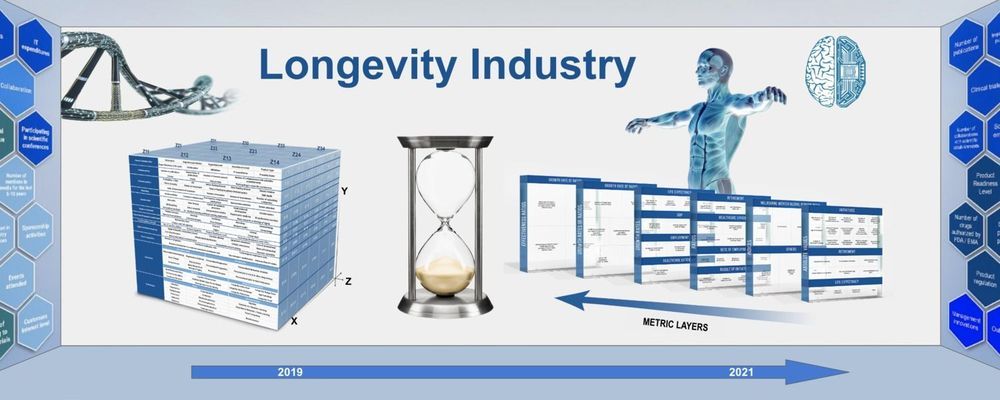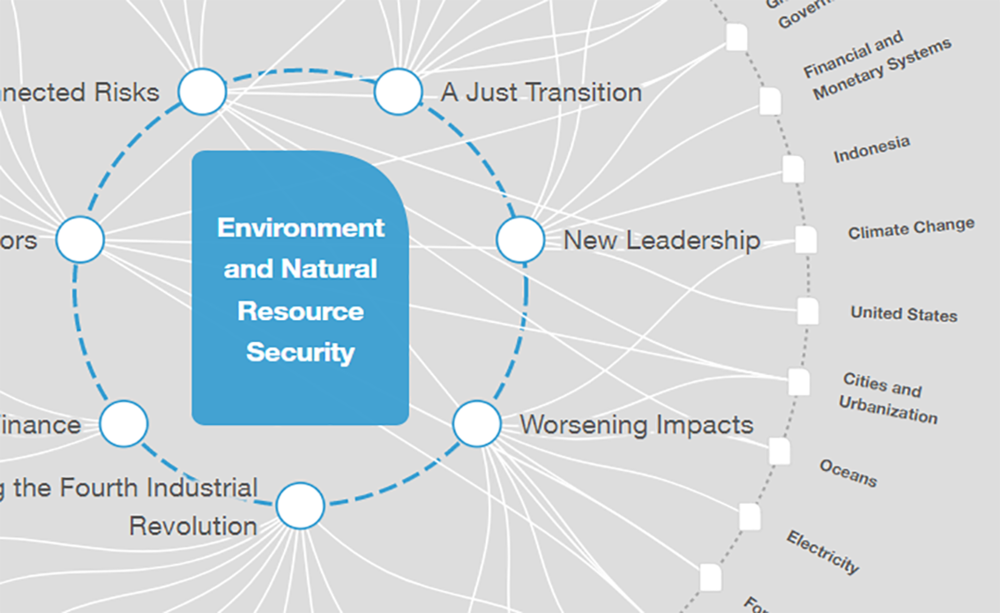Decades after his chemical castration by the British government and subsequent suicide, Alan Turing, the wartime codebreaker, pioneering computer scientist, and founder of artificial intelligence, will appear on the nation’s 50 pound note.



The Longevity industry will dwarf all other industries in both size and market capitalization and will require unprecedented sophistication in its approach for assessment and forecasting from the start to neutralize challenges and manifest opportunities
The Longevity Industry is not just about biotechnology and biomedicine. Rather, it consists of several distinct segments: Geroscience, Biomedicine, AgeTech and Finance. Despite this seemingly clear market segmentation, many of these sectors intersect with various domains of science and technology, such as advanced biomedicine, preventive medicine, digital health, AI, financial systems, pension systems and government national strategies.
One of the biggest challenges in assessing the Longevity industry is the extreme broadness of the sector. Hundreds of sectors, industries and domains of science and technology must be analyzed in order to obtain a concrete and comprehensive understanding of the dynamics, trends and direction of the industry. This situation is entirely unique to the Longevity industry. Due to this extreme level of complexity, realistic assessment and forecasting is extremely challenging, and the methods currently being applied for assessment of the biotech and biomedical industries are completely inadequate.

Carbon offsetting initiatives have been offered by private companies – including British Airways and Shell – for many years. These voluntary schemes give customers the choice to pay a premium, on the understanding that the company will offset some greenhouse gas emissions. Since carbon offsetting became an option, projects around the world have resulted in a saving of approximately 994m tonnes of carbon dioxide (CO₂) equivalent. But given that global CO₂ levels in 2018 were 33.1Gt, it’s fair to say that a lot more could be done.
The UK could become net zero emissions tomorrow if the government wished, but it would cost the tax payer dearly. In 2017, the UK’s total greenhouse gas emissions were 460m tonnes. If, for example, the government used the Gold Standard offsetting scheme, at an average cost of £10/tonne, that would amount to an astonishing £4.6 billion bill. Most would agree this would be an excessive cost for the government to bear, and anyway the public, private and third sectors should share responsibility for tackling emissions.
Local authorities have an important role to play in meeting this target, given their ability to work with residents, charities and businesses to make meaningful changes at a local level. Some local authorities are leading the way by setting ambitious targets: Liverpool City Council aims to become the UK’s first “climate positive” city by the end of 2020. The council has formed a partnership with a private sector organisation – the Poseidon Foundation – to achieve this through carbon offsetting.

Seemingly “intelligent” devices like self-driving trucks aren’t actually all that intelligent. In order to avoid plowing into other cars or making illegal lane changes, they need a lot of help.
In China, that help is increasingly coming from rooms full of college students.
Li Zhenwei is a data labeler. His job, which didn’t even exist a few years ago, involves sitting at a computer, clicking frame-by-frame through endless hours of dashcam footage, and drawing lines over each photo to help the computer recognize lane markers.
“Every good-looking field has people working behind the scenes,” says Li. “I’d prefer to be an anonymous hero.”
Li, and many of his classmates at a local vocational school, are benefiting from the Chinese government’s push to move away from an economy based on heavy industry, and toward one focused on high tech.
Li doesn’t have a degree in computer science. So for him, this is a new opportunity to get a foot in the door of a booming tech industry.

With its growing aging population, Singapore has a looming crisis, but could also be primed to become a major player in the rejuvenation biotechnology industry.
Singapore has one of the fastest-aging populations in the world. Senior citizens 65 years old or older are expected to make up almost half of Singapore’s population by 2050. Unfortunately, this swelling population is spending more time living with sickness, even though they live longer. While average lifespans have been extended, healthspans have not. [1] Singaporeans have an impressive average life expectancy of 84.8 years, but an average Singaporean born in 2017 is predicted to spend the last ten and a half years in sickness, compared to how a Singaporean born in 1999 is likely to spend only nine twilight years in deteriorating health.
This is becoming a massive concern for the Singaporean government because of the financial strain that this is imposing on Singapore’s budget. Having the world’s second-lowest birth rate coupled with a rapidly aging population means that the ratio of working adults to senior citizens is quickly shrinking. In 2007, there were 6.9 working adults for every senior citizen. By 2030, there will be 2.3 working adults per senior citizen.
In under a decade, Singapore’s healthcare budget more than doubled from S$4 billion in 2010 to S$10 billion in 2017. [2] Among the developed nations of the world, Singapore has a reputation for being one of the most fiscally conservative; there’s a socio-political stigma against the term “welfare state” in Singapore. Since its unprecedented independence in 1965, Singapore has had a general zeitgeist of “every man for himself,” as we are a nation with no natural resources. Our highly-educated workforce, along with our strategic geographical location, is the primary resource undergirding our knowledge-based economy.

Oil spill cleanup technology is a surprisingly innovative field—we learned as much in the wake of the BP Gulf disaster, when everyone from conservation biologists to barbers to Kevin Costner rushed to sell the government on their wild, sometimes literally hairy oil-sucking solutions. We had rubber goop that turned oil solid, massive bags of hair, and MIT’s previous entry into the cleanup fray, robotic oil-eating submarines.
But now the renowned science lab has a better idea: nano-magnets.
MIT researchers have developed a new technique for magnetically separating oil and water that could be used to clean up oil spills. They believe that, with their technique, the oil could be recovered for use, offsetting much of the cost of cleanup.

Britain could soon be sending tourists into orbit after the UK Space Agency began drafting regulations to allow human launches from spaceports in Cornwall and the Scottish Highlands.
The government is already committed to putting satellites into space from British soil and recently signed a deal with Virgin Orbit to start building the facilities to allow horizontal launches.
Now the UK Space Agency has confirmed it is drawing up regulations to allow sub-orbital human spaceflight, with Virgin Galactic the most likely candidate to take tourists beyond Earth’s atmosphere where they can experience weightlessness and see the curvature of the planet.

The Marshallese government, however, does not have the money to shore up the structure, leaving it vulnerable to both rising tides and typhoons.
“It’s clear as day that the local government will neither have the expertise or funds to fix the problem if it needs a particular fix,” a Marshallese official told the Guardian.
Last week, Guterres sounded a similar theme in Fiji about the ongoing effects of the American testing on the small island nation.

With the end of the Vietnam and Cold wars, Jason members began to branch out from physics and engineering. In 1977, they did their first assessment of global climate models and later advised DOE on which atmospheric measurements were most critical for the models. Since the mid-1990s, Jason has studied biotechnologies, including techniques for detecting biological weapons.
After near-death experience, top scientists seek a long-term home in the U.S. government.